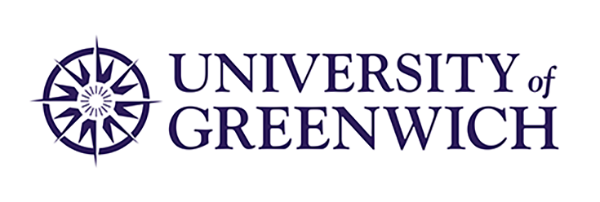10th PKES Online Summer School – Introduction to Post Keynesian Economics and Political Economy
Tuesday 8th - Friday 11th of June 2021
Overview
This four-day online summer school introduces Post Keynesian Economics as an alternative to mainstream neoclassical economic theory and neoliberal economic policy. Key assumptions in Post Keynesian Economics are that individuals face fundamental uncertainty about the future; there is a central role for ‘animal spirits’ in the determination of investment decisions; inflation is the result of unresolved distributional conflicts; money is an endogenous creation of the private banking system; unemployment is determined by effective demand on the goods markets; financial markets are prone to periodic boom-bust cycles.
Post Keynesian theory is part of a broader Political Economy approach which highlights the social conflict and power relations between classes such as labour, capital and finance and social groups stratified along the lines of gender and ethnicity. Economic analysis should thus be rooted in a historic and institutional setting.
The summer school is aimed at students of economics and social sciences. As the aim of Post Keynesian Economics and Political Economy ultimately is to provide the foundation for progressive economic policies, it may be of interest for a broader audience.
Programme
Tuesday 8 June 2021: Introduction to Post Keynesian Economics
- 14.00-14.15: Welcome and opening
- 14.15-15.30: Post Keynesian Economics, Introduction & Overview (Engelbert Stockhammer, King’s College London)
- 15.30-15.45: Break
- 15.45-16.45: Endogenous Money and Minsky’s Financial Instability Hypothesis (Maria Nikolaidi, University of Greenwich)
- 16.45-17.00: Break
- 17.00-18.00: Aggregate Demand and Inequalities - Income and Wealth distribution and Gender (Özlem Onaran, University of Greenwich)
- 18.00-18.15: Break
- 18.15-19.15: Concluding panel: Economic Policy after the Pandemic (Özlem Onaran, Engelbert Stockhammer, Gary Dymski)
Wednesday 9 June 2021: Formal Modelling in Post Keynesian Economics
- 14.00-15.00: Stock-flow consistent modelling and ecological macroeconomics
(Yannis Dafermos, SOAS University of London)
- 15.00-15.15 Break
- 15.15-16.15: Complexity in New Keynesian and Heterodox Models
(Jo Michell, University of the West of England) - 16.15-16.30: Break
- 16.30-17.30: Endogenous Business Cycle Models
(Karsten Köhler, King’s College London)
Thursday 10 June 2021: Development
- 14.00-15.00: Development from Post Keynesian and Institutionalist perspectives (Christina Wolf, Kingston University)
- 15.00-15.15 Break
- 15.15-16.15: Development: Colonial Legacies. Decolonising Futures?
(Glenn Lauren Moore, SOAS University of London) - 16.15-16.30: Break
- 16.30-17.30: Wage-led growth models for developing countries
(Adam Aboobaker, University of the West of England)
Friday 11 June 2021: Topics in Post Keynesian Economics and Political Economy I
- 14.00-15.00: The Political Economy of Income Distribution
(Alexander Guschanski, University of Greenwich)
- 15.00-15.15 Break
- 15.15-16.15: A New Keynesian and Post Keynesian Model in a Simple Unified Framework (Rafael Wildauer, University of Greenwich)
- 16.15-16.30: Break
- 16.30-17.30: The financialisation of almost everything
For more information click "LINK TO ORIGINAL" below.
